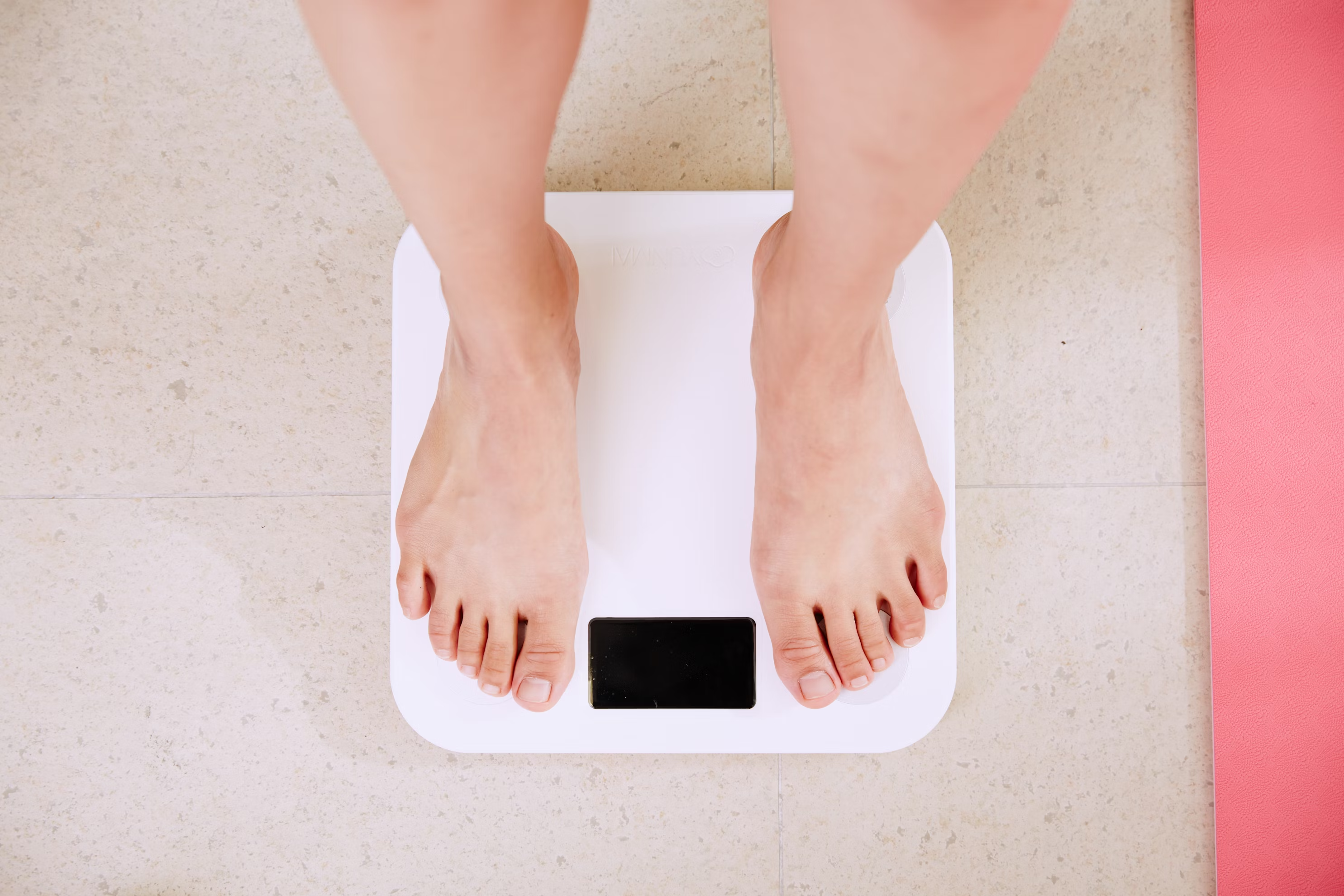Weight Gain Calorie Calculator | Easy Guide
Understanding how to calculate calories for weight gain is crucial for anyone looking to increase their body mass effectively. To gain weight, one must consume more calories than the body expends. According to some >weight gain calculators, approximately 7000 calories are needed to increase body weight by 1 kilogram.

Understanding how to calculate calories for weight gain is crucial for anyone looking to increase their body mass effectively. To gain weight, one must consume more calories than the body expends. According to some weight gain calculators, approximately 7000 calories are needed to increase body weight by 1 kilogram.
Achieving this goal involves not only increasing calorie intake but also considering nutrient intake to ensure overall health. For example, consuming an additional 500 to 1000 calories per day can lead to a weekly weight gain of 0.5 to 1 kilogram, depending on one's activity level and metabolism. Balancing macronutrients while increasing calories ensures that the added weight is composed of muscle rather than fat, improving body composition.
Physical activity, particularly resistance training, further enhances the process by promoting muscle growth. Interactive tools like a calorie calculator can help estimate daily caloric needs based on individual physical activity levels, making the journey towards weight gain more manageable and accurate. This approach supports a healthier and more sustainable weight gain strategy.
Understanding Caloric Needs for Weight Gain
Gaining weight effectively involves understanding key factors such as basal metabolic rate (BMR) and total daily energy expenditure (TDEE). Adjusting caloric intake based on activity levels and personal goals is crucial for healthy weight gain.
Determining Basal Metabolic Rate (BMR)
Basal metabolic rate (BMR) represents the number of calories the body needs to maintain basic physiological functions at rest. BMR depends on variables such as age, gender, height, and weight.
Typically, BMR can be calculated using specific formulas like the Harris-Benedict equation:
- For men: BMR = 88.362 + (13.397 × weight in kg) + (4.799 × height in cm) - (5.677 × age in years)
- For women: BMR = 447.593 + (9.247 × weight in kg) + (3.098 × height in cm) - (4.330 × age in years)
Understanding one's BMR helps in setting a baseline for calorie requirements.
Calculating Total Daily Energy Expenditure (TDEE)
Total daily energy expenditure (TDEE) takes BMR a step further, accounting for all calories burned in a day, including physical activity. This can be calculated using a TDEE calculator that multiplies BMR by an activity factor:
- Sedentary (little or no exercise): BMR × 1.2
- Lightly active (light exercise/sports 1-3 days/week): BMR × 1.375
- Moderately active (moderate exercise/sports 3-5 days/week): BMR × 1.55
- Very active (hard exercise/sports 6-7 days a week): BMR × 1.725
- Super active (very hard exercise/sports & physical job): BMR × 1.9
Assessing Activity Levels
Activity level significantly impacts caloric needs. A person with a sedentary lifestyle has a lower TDEE than someone who is very active. By accurately assessing daily activities and exercise routines, one can determine the proper caloric intake required for weight gain.
For example, if someone has a moderate exercise routine, they should consider using the moderate multiplier (BMR × 1.55). This provides a more realistic estimation of the total calories needed. Adjustments should be made based on changes in activity to maintain accurate caloric intake.
Adjusting Caloric Intake for Weight Gain
To gain weight, it's essential to consume more calories than burned. A typical recommendation is an additional 500-1000 calories per day above TDEE. This surplus allows for steady weight gain, usually around 0.25 to 0.5 kg per week.
For instance, if someone’s TDEE is calculated to be 2500 calories, they should consume 3000 to 3500 calories daily to achieve their weight gain goals. Monitoring caloric intake with apps or calculators can help track daily consumption and adjust as necessary.
Nutrition Strategies for Effective Weight Gain
Gaining weight effectively requires a focus on nutrient-dense foods, correctly balanced macronutrients, and continuous monitoring of intake and progress. Here are the essential strategies for ensuring healthy weight gain.
Choosing the Right Foods for Healthy Weight Gain
Selecting nutrient-dense foods is crucial for healthy weight gain. Foods rich in protein like meats, eggs, and nuts provide essential building blocks for muscle growth. Carbohydrate-rich options such as whole grains and starchy vegetables offer necessary energy.
Healthy fats like those found in oils and avocados are calorie-dense and support overall health. Including a variety of these foods in your diet ensures you receive the necessary vitamins and minerals. Prioritize whole over processed foods to maintain optimum nutrient intake and avoid empty calories.
Balancing Macronutrients: Proteins, Carbs, and Fats
A proper balance of macronutrients—proteins, carbohydrates, and fats—is essential. Proteins are fundamental for muscle repair and growth, and should constitute around 15-25% of daily intake. Carbohydrates should make up 45-65% of the diet to supply energy, especially if you are active.
Fats should account for 20-35% of your calorie intake. Ensure that you include both unsaturated fats from sources like oils and the necessary saturated fats to maintain hormonal health. Balancing these macronutrients helps in maximizing the calorie surplus needed for gaining weight healthily.
Monitoring Progress and Adjusting Intake
Tracking your calorie intake and monitoring weight changes is vital. Calculate your daily caloric needs using a tool like a calorie calculator and aim for a caloric surplus of 300-500 calories for slow and steady gain. If after a couple of weeks there is no weight gain, consider adjusting the surplus to 500-1000 calories.
Regularly monitoring body fat percentage and lean muscle growth can help fine-tune your diet. Adjusting fiber intake can also aid in digestion and nutrient absorption. Keep an eye on your progress and make dietary adjustments as needed to ensure you are on the right path to healthy weight gain.
Want more posts like this?Sign up for our FREE newsletter →